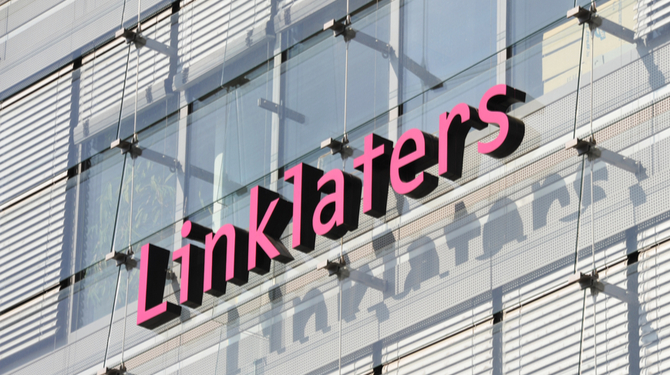Sign up for our free daily newsletter
YOUR PRIVACY - PLEASE READ CAREFULLY DATA PROTECTION STATEMENT
Below we explain how we will communicate with you. We set out how we use your data in our Privacy Policy.
Global City Media, and its associated brands will use the lawful basis of legitimate interests to use
the
contact details you have supplied to contact you regarding our publications, events, training,
reader
research, and other relevant information. We will always give you the option to opt out of our
marketing.
By clicking submit, you confirm that you understand and accept the Terms & Conditions and Privacy Policy
Global organisations are struggling to make progress on diversity and inclusion despite the increased focus on issues around gender imbalance and other underrepresented groups, according to a new study by Baker McKenzie.
The survey of 900 employment leaders in global organisations across EMEA, Asia Pacific and the US found that organisations are still sidetracked by raising awareness of diversity and inclusion rather than taking meaningful steps to address it. For instance, 55% of respondents say raising awareness is a priority compared to 51% who say recruiting diverse talent is at the top of the list. In won’t be for another two years until increasing the diversity of the board will become the top priority, the survey data showed.
Monica Kurnatowska, an employment and compensation partner at Baker McKenzie in London said: “Comprehensive training and policies are the foundations of a good programme, but without a clear overarching strategy… combined with appropriate funding directed to the areas of greatest need, diverse leadership and robust measurement, it is difficult to make real progress.”
The survey showed that policies and training around diversity and inclusion have increased over the past three years. For instance, only 27% of respondents had a flexible working policy in 2018 compared to 93% today. Other policies have also become more prevalent, reflecting shifting societal trends. In 2018, just 13% had a trans identity policy, compared to 83% today. A majority of organisations now have training on matters such as sexual harassment and bystander intervention (85%), mental health awareness (81%) and anti-racism and racial inclusion (80%), with 73% providing training on unconscious bias. Some 63% of diversity leaders also say they plan to further expand their training programmes in the future.
Jonathan Issacs, head of Baker McKenzie’s China employment practice, said: “That organisations have comprehensive training programmes in place shows that they take their obligations seriously. But just offering training is not enough. Learning is most impactful when consistently reinforced – holding employees accountable where behaviour falls short of expectations and rewarding those who uphold the organisation’s I&D values.”
Some jurisdictions are investing in diversity and inclusion initiatives more than others. Organisations in the UK, for example, spend on average $3.8m on diversity initiatives, or 0.045% of their turnover – the lowest in Europe. Australian organisations, by contrast, spend $4.2m, or 0.056% of their turnover on diversity initiatives, the highest proportion globally.
More than two-thirds of respondents globally (67%) believe managers often attempt to put a lid on diversity and inclusion-related complaints and issues rather than implement specific reporting mechanisms to fix them. More than a third (34%) also believe that diversity and inclusion issues are underreported, despite 78% of respondents saying creating a ‘speak up’ culture is their top priority.
Yindi Gesinde, a compliance and investigations partner at Baker McKenzie in London, said: “As I&D activities become increasingly central to overall corporate governance, organisations will have to demonstrate the effectiveness of their efforts with greater rigour. Rather than duplicating efforts, compliance and diversity teams should join forces, utilising the lessons of how to implement effective corporate compliance to improve I&D performance.”
The data show that organisations are failing to take an evidence-based approach to improving diversity and inclusion across their organisations. In the UK, fewer than half of organisations (45%) measure board diversity as a performance indicator on diversity and inclusion progress, while only a little more than a third (36%) measure diversity of job candidates or new recruits. Some 59% of respondents in the UK said their organisations could do more to leverage data to channel resources to the diversity and inclusion initiatives that make the most impact, compared to 75% globally.
Many global organisations also struggle when trying to impose firm-wide diversity policies. For example, two-thirds of respondents agree that different legal requirements in some jurisdictions make it difficult to implement diversity policies consistently, with 62% adding that different cultural expectations also makes it a challenge.
Julia Wilson, an employment partner and global lead for HR data protection at Baker McKenzie, said: “By taking a country-by-country approach – gathering data appropriately where possible and handling privacy considerations in accordance with local law – organisations can begin to build a measurement infrastructure over time that will deliver valuable insights and information to support their I&D programmes.”
Email your news and story ideas to: [email protected]









